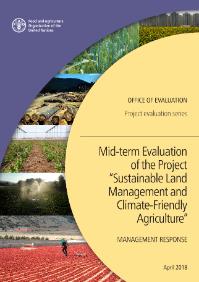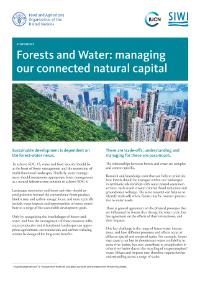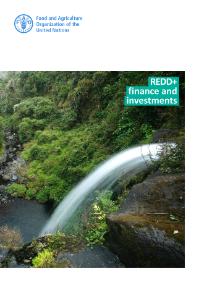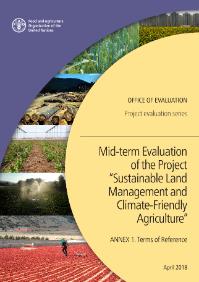Applying a Rights-Based Approach (RBA) in Forest Governance
The Rights-based Approach (RBA) allows local communities, or others who are marginalized, excluded or discriminated (the rights holders), to exercise their rights; and for institutions, organizations or other agencies (the duty bearers) to provide support towards equitable and inclusive development programmes that benefit them. RBA interventions can address inequities and disparities evident in these communities. In the context of the management of forested landscapes, RBA emphasizes the rights of local communities for fair benefits, access to resources, secure tenure and gender equity.










